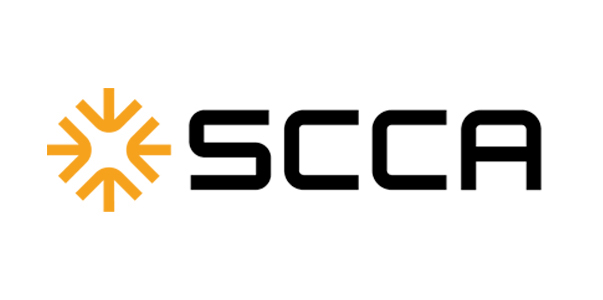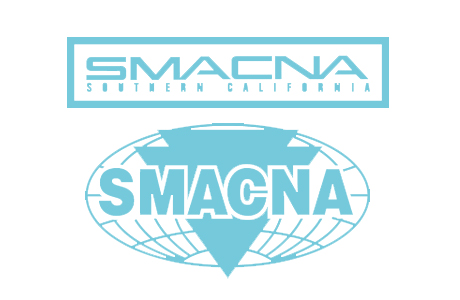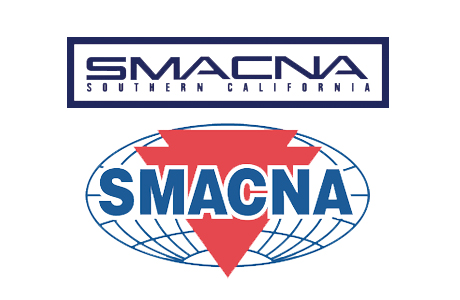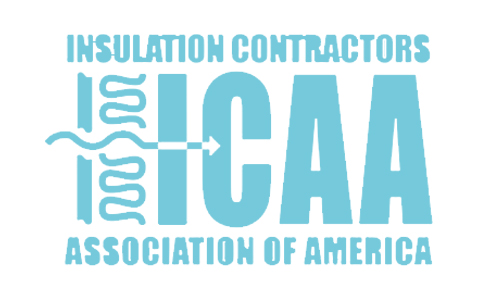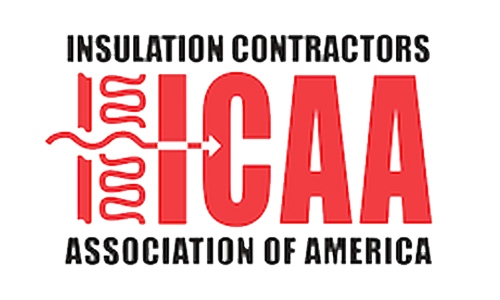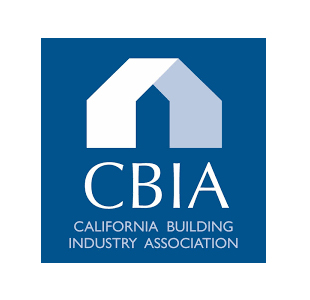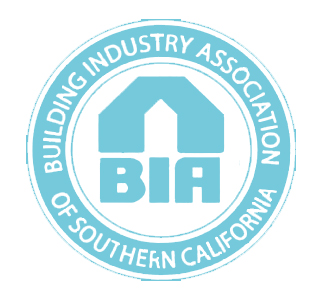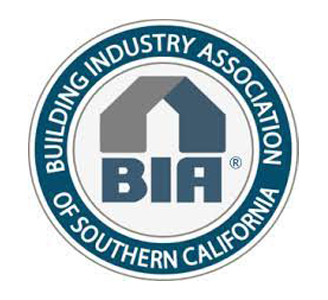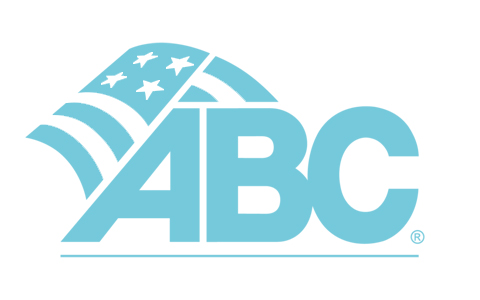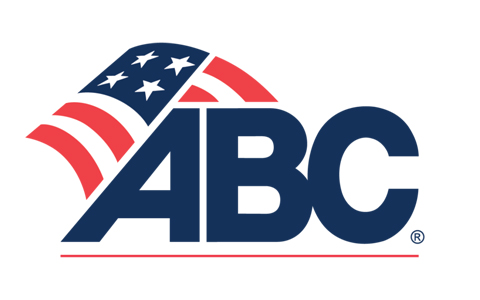It’s not until a project falls apart and payments stop that most contractors start to wonder if all the preliminary steps at the start of the job were done correctly. Prior to that, everything was looking rosy and no one usually contemplates a worst‐case scenario (except the attorneys). Did you get a signed contract back from the owner or general contractor? Did you correctly serve your 20‐day Preliminary Lien Notice? Is there still time to serve a Stop Notice or record a Mechanic’s Lien? In the financial mess that has ruled the construction industry for the last several years, these preliminary steps have been critical in deciding who gets paid and who doesn’t. The construction industry standard for service of the 20‐day Preliminary Lien Notice (“Preliminary Notice”) was critiqued by the California Appellate Court in the case of Force Framing v. Chinatrust Bank (114 Cal. Rptr.3d 855). Thankfully, the California Appellate Court recognized that reasonable due diligence on the part of a contractor in serving its Preliminary Notice did not include performing a full title search.
If you have ever attended a Mechanic’s Lien seminar given by any of the attorneys at Crawford & Bangs, you know that we spend a lot of time discussing the Preliminary Notice. This notice is the backbone of the Mechanic’s Lien statutes, and proper use of the form conveys a multitude of rights and payment options. Whereas, a failure to serve the Preliminary Notice correctly invites payment disaster and potential ruin for the contractor. The Preliminary Notice is a mandatory prerequisite to the Mechanic’s Lien, Stop Notice and Payment Bond claims. A current Preliminary Notice must be served on the lender, owner, and prime contractor within 20 days of starting work, or if served late will relate back to capture the last 20 days of labor or material delivery to the project site. Service of this document can only be accomplished by personal delivery or by certified or registered mail (return receipt requested).
There are exceptions granting Mechanic’s Lien rights to those who did not serve the Preliminary Notice. For instance, laborers for wages and prime contractors contracting directly with the owner, and even first tier subcontractors on public projects, generally do not have to serve the Preliminary Notice. Unfortunately there are exceptions to the exceptions which make relying upon any of the exceptions really risky. For instance, prime contractors must serve the Preliminary Notice on a lender even if it has contracted directly with the owner, and conflicting statutory language implies that all bond claimants (even those excused from service of the Preliminary Notice), must actually serve one or give a special notice to the surety in order to preserve a bond claim. For simplicity’s sake and to reduce your litigation costs, just serve the Preliminary Notice and forget any mention of the exceptions!
The Courts have told us that some errors in serving of the Preliminary Notice are fatal (incorrect notice language on form or wrong service method), while others may be overlooked as the Court was willing to do in Force Framing (deciding where your particular case falls is something you should definitely discuss with your construction attorney). In the Force Framing case, the contractor received the name and address of the general contractor and lender in the form of “Preliminary Information” sheet from the project owner. Unfortunately the owner listed the incorrect lender for the project, and based on this information Force Framing served the wrong lender with its Preliminary Notice. The Appellate Court held that “. . . if a stop notice claimant has (1) no lender information, or (2) untrustworthy lender information, then the stop notice claimant needs to check county records, e.g., building permits and recorded deeds of trust, in order to prove that he held a good faith belief that the reputed lender was the actual lender. However, a stop notice claimant, who has relied on seemingly correct lender information from the owner and/or general contractor, is not required to provide proof of checking the county records . . . .” In other words, for service of the Preliminary Notice, a contractor may rely on information provided so long as he/she has a good faith belief that the information provided is accurate.
The Court in Force Framing reached a fair result given the standard practice of the construction industry of relying on preliminary information sheets. However, the California Courts don’t always reach the right or just result. Now more than ever, owners and lenders are using the Courts to challenge Mechanic’s Lien and Stop Notice claims. Our firm currently has a case where the lenders are arguing that California Stop Notice laws are completely unenforceable since they contend that these laws conflict with Federal banking laws. It is important that all contractors belong to a trade association, such as the American Subcontractors Association, where the industry’s voice can be represented before the Legislature and Courts. A portion of ASA’s dues are used to write Amicus Briefs in support of cases like Force Framing to insure that the Banks aren’t allowed to erode your Mechanic’s Lien rights. Without the strength of the Mechanic’s Lien rights in California, getting paid for your work and materials would be even tougher than it already is now.
This article was provided by Crawford & Bangs, LLP (www.builderslaw.com) and is intended to provide the reader with general information regarding current legal issues. It is not to be construed as specific legal advice or as a substitute for the need to seek competent legal advice on specific legal matters.




